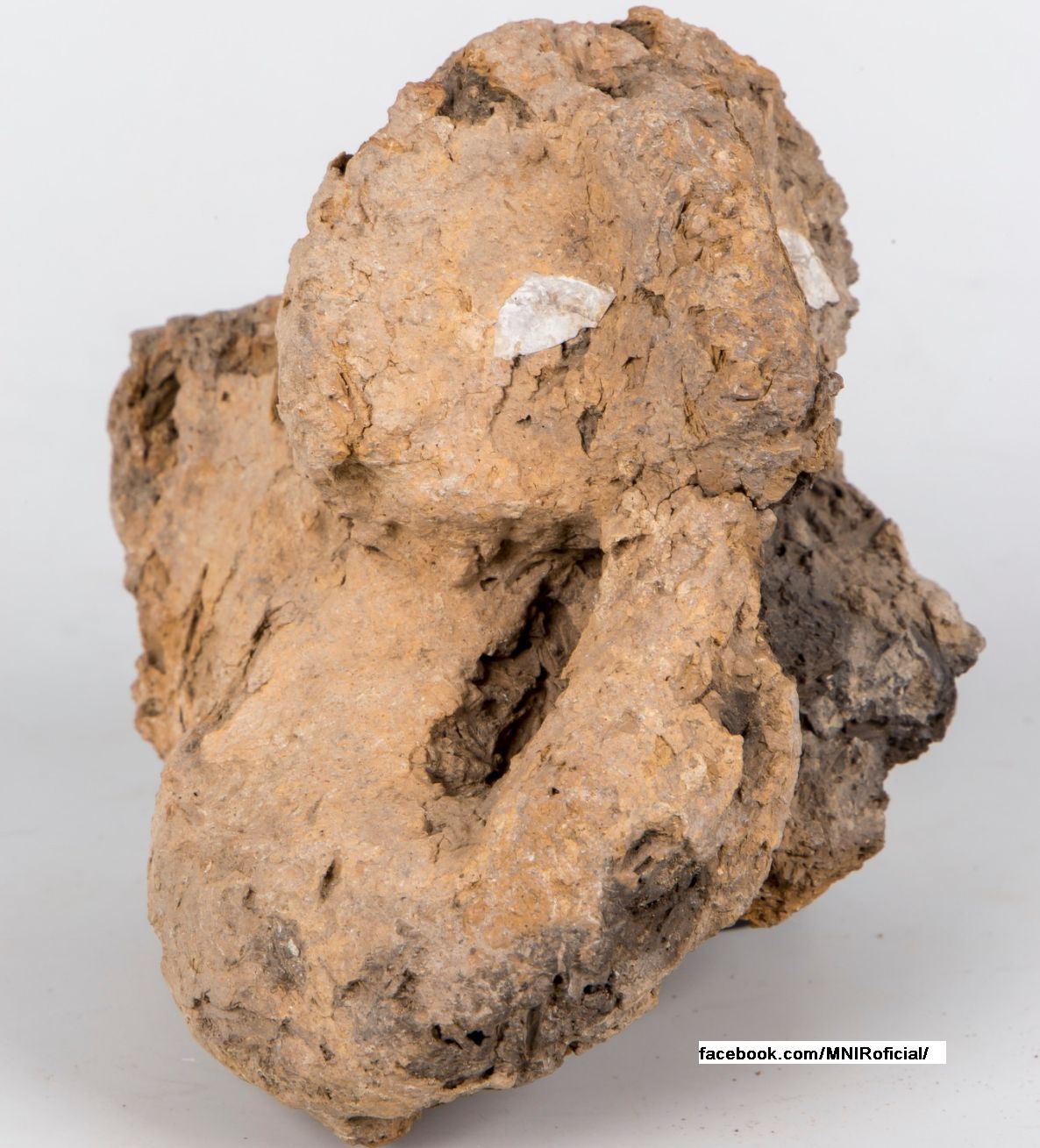Salt in Place Names and Current Romanian Phrases
Salt is the richest underground resource in Romania, and for this reason the Romanian word for “salt and its derivatives are often included in place names and in current phrases and sayings.

Steliu Lambru, 02.02.2013, 14:04
Our English-speaking listeners may be quite familiar with names like Salt Lake City, for instance, just as German speakers know that Salzburg means “Salt City.” But few people know that the Romanian town “Slanic” in Prahova County also has its name linked to this mineral. The history and the economy of the 6-thousand-people town 130 km north of Bucharest relied heavily on the presence of the salt deposits nearby. The name “Slanic” comes from Slavic and means “salty.”
The same name was given to another town, in the eastern Romanian county of Bacau, some 350 km northeast of Bucharest. Here, too, salt extraction has been the driving force behind the development of the town. Unlike Slanic Prahova, Slănic Moldova in Bacau County is also a spa resort, using salt waters as a therapeutic agent. And also about 200 km northeast of Bucharest we reach the town of Ramnicu Sarat, whose name could be translated into current Romanian as “salt pond,” because the word “ramnic” in Slavic stands for a small body of water. The town was named after the salty, undrinkable river that flows by the town.
Close to Bucharest, about 120 km northeast, there is also the spa resort of Sarata Monteoru, whose name is linked to the name of its original owners, the Monteoru family, and to the salt lake near the village. Moving up to the west, some 200 km from Bucharest, we reach the village of Ocnele Mari, located in the vicinity of salt mines. The Romanian word “ocna,” again of Slavic origin, means “prison” and has become a synonym for “salt mine”, because convicts were usually employed as forced labourers in salt mines.
It is in the Ocnele Mari prison that many anticommunist fighters from the National Resistance Movement were detained, alongside a great number of intellectuals, such as philosopher and writer Petre Ţuţea. In northernmost Romania, in Maramures, next to the Ukrainian border, there is a village bearing a similar name, Ocna Şugatag. And to conclude the series of Romanian salt-related place names, we should also mention the city of Slatina, 200 km west of Bucharest, whose name, according to some linguists, is derived from the Slavic word for “salt land.”
Salt is extremely well represented in the Romanian language as well. Its morphological family of words includes no less than 22 terms and 10 contiguous words. The term “solnita”, Romanian for saltcellar, designates a small dish for holding and dispensing salt and has another nine similar variants in local dialects. There are quite a few expressions with direct reference to salt, both positive and negative in meaning. For instance, the phrasing “salt of the earth” commonly refers to something very valuable.
The idiom “to rub salt into someone’s wound” is used with a negative connotation to refer to making an already painful situation even more difficult to bear. The idiom is based on the practice of using salt to disinfect and treat a painful bleeding wound. Another phrase, “sare in ochi” that literally translates as “salt in the eyes” is used to refer to deceptive behaviour. There is even a website bearing this name that signals dishonest political discourse. The predicament of salt workers has also given rise to a musical genre called “salt miners’ songs”, which speaks of the salt-mining process, saltworks and hard work.
Apart from the specific mining activities, employing convicts in salt-mining was profitable for two reasons: first, the labour force was free and second, convicts were used to mine salt, a precious mineral that up until the 19thcentury was called “the white gold”. Salt is also a commonplace in fairytales. Petre Ispirescu associated salt with love in his famous phrasing “I love you the way I love salt in my food”.





























